Navigating the complexities of domestic battery cases often involves understanding what an order of protection is and its significance. This guide aims to provide clarity on this legal tool.
What is an Order of Protection?
An Order of Protection is a legal document issued by a court to help protect individuals from harassment, abuse, or violence, typically in domestic situations. This guide explains:
- The purpose of an order of protection
- Different types of orders of protection
- The process of obtaining an order of protection
- The consequences of violating an order of protection
- How an order of protection can affect the accused
Let’s explore each of these aspects in detail.
The Purpose of an Order of Protection
The primary purpose of an order of protection is to safeguard individuals who are experiencing domestic violence or threats. It aims to prevent further abuse by legally restricting the abuser’s actions. This can include prohibiting contact with the victim, requiring the abuser to move out of a shared residence, or other measures intended to ensure safety.
Related: Illinois domestic violence law
Different Types of Orders of Protection
There are generally three types of orders of protection:
- Emergency Order of Protection: This can be issued quickly, without the alleged abuser being present, and typically lasts for a short period until a full court hearing can be held.
- Interim Order of Protection: Issued for a slightly longer period, usually until a full hearing can be arranged.
- Plenary Order of Protection: This is a long-term order issued after a full court hearing where both parties have the opportunity to present their case.
The Process of Obtaining an Order of Protection
To obtain an order of protection, the individual seeking protection must file a petition in court detailing the reasons for the request. The court then reviews the petition, and if an immediate threat is perceived, an emergency order of protection may be granted. A full hearing is usually scheduled to decide on a long-term solution.
Related: 3 things you MUST do if you’re falsely accused of domestic battery
The Consequences of Violating an Order of Protection
Violating an order of protection is a serious matter and can result in criminal charges. Consequences can include arrest, fines, and even jail time. It’s crucial for individuals who are subject to these orders to understand and comply with all the terms set by the court.
How an Order of Protection Can Affect the Accused
For someone accused of domestic violence, an order of protection can have significant implications. It can affect living arrangements, child custody, and access to shared property. It’s important for the accused to understand their legal rights and obligations under the order.
FAQ About Orders of Protection
Here are some commonly asked questions about orders of protection:
How Long Does an Order of Protection Last?
The duration varies depending on the type of order. Emergency orders are short-term, while plenary orders can last for up to two years.
Related: Can my ex drop domestic battery charges against me?
Can an Order of Protection Be Challenged?
Yes, the accused has the right to challenge the order at the full court hearing before a plenary order of protection is issued.
Does an Order of Protection Go on Your Permanent Record?
An order of protection itself does not go on your criminal record. However, violating the order can result in criminal charges that become part of your record.
What Should I Do if I’m Served with an Order of Protection?
If you’re served with an order of protection, it’s crucial to comply with its terms and consult with a lawyer to understand your rights and options.
Can an Order of Protection Be Modified or Dismissed?
Yes, either party can request the court to modify or dismiss the order. This usually requires a court hearing.
Related: Domestic battery in Illinois, explained
Understanding what an order of protection is and its implications is crucial in domestic battery cases. Whether you’re seeking protection or have been accused, knowing your legal rights and the processes involved is essential. Consulting with a lawyer can provide guidance and help navigate the complexities of these orders.
Do You Need to Talk to an Attorney About Domestic Battery Defense?
If you need to talk to a domestic battery defense attorney in Illinois, we’re here to help. Call us at 847-920-4540 now – we’ll be happy to give you a free consultation and talk to you about your options.

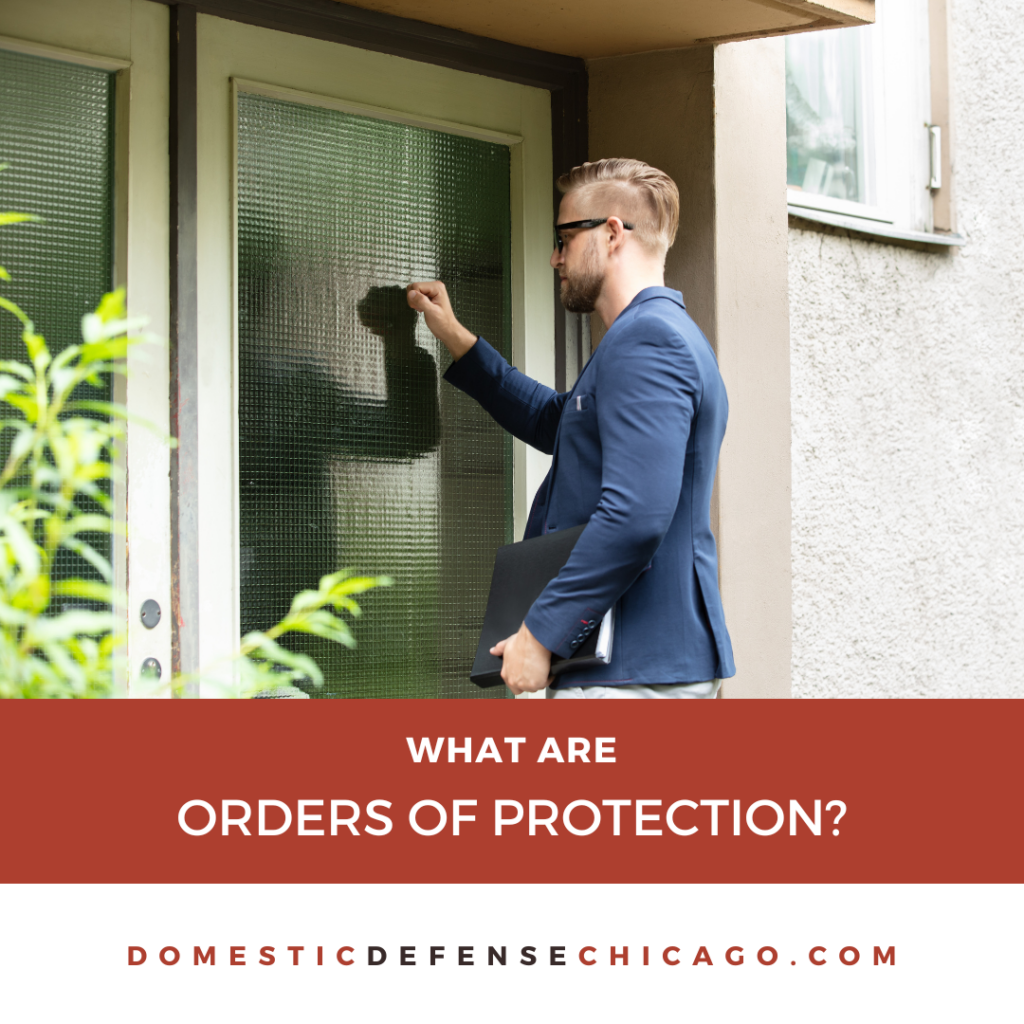
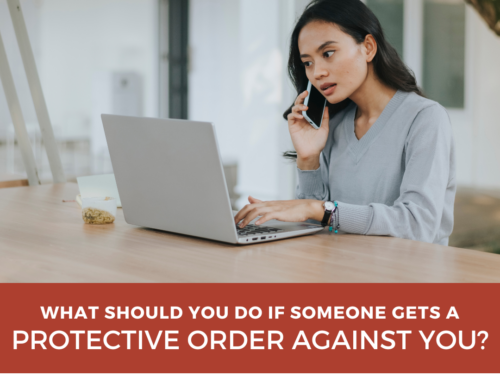
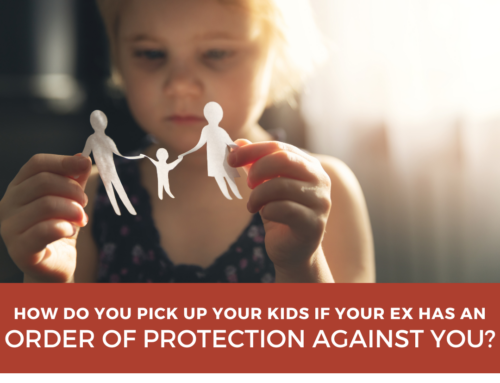
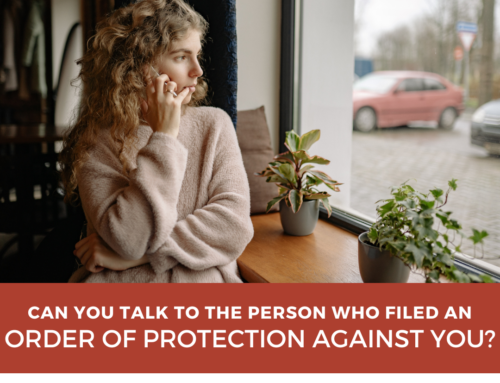
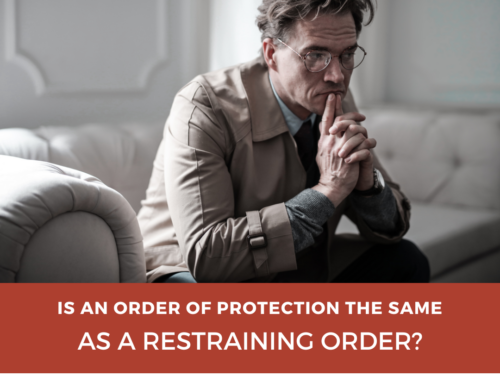
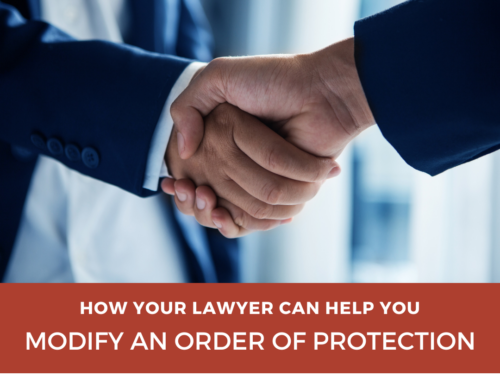
Leave A Comment
You must be logged in to post a comment.